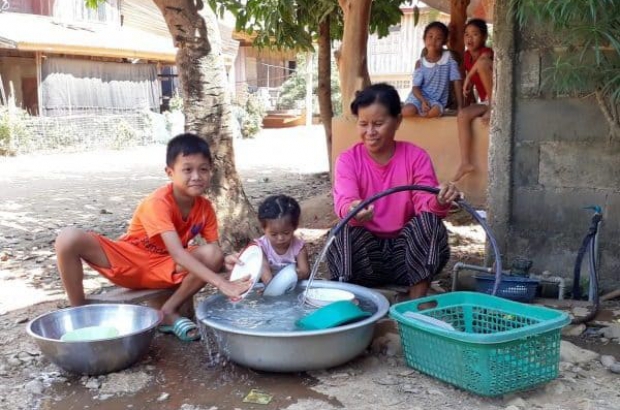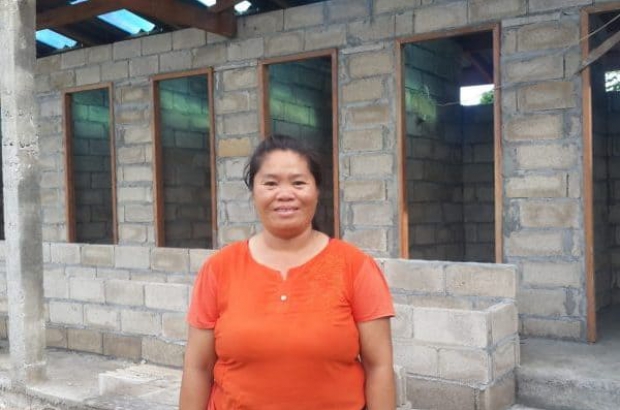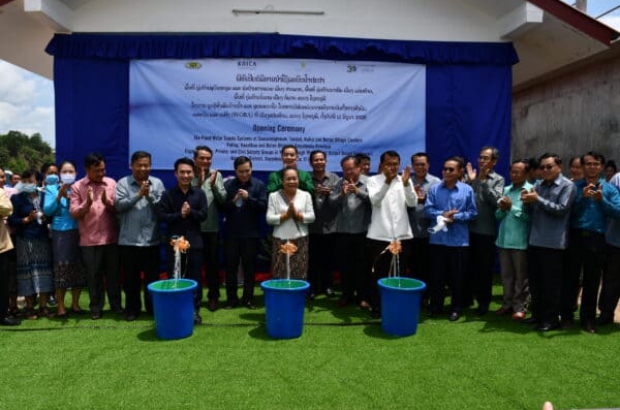-
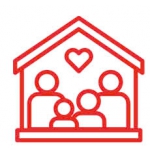 5,569Hygienic latrines for poor, vulnerable families
5,569Hygienic latrines for poor, vulnerable families -
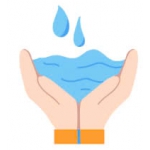 111,295People supported with clean water
111,295People supported with clean water -
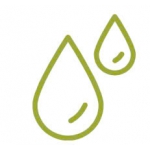 17,787School children have safe drinking water and latrines
17,787School children have safe drinking water and latrines
About Laos
Since 2014, East Meets West has been working with the national and provincial governments of Laos, helping to address the gaps in the country’s rural water, sanitation, and hygiene (WASH) sector.
Lao PDR has made significant progress in its WASH sector in recent years. However, increasing piped water system access and meeting needs for hygiene and sanitation continue to be a challenge in rural areas, where 80% of the population live.
Our Work
East Meets West’s Women-Led Output Based Aid (WOBA) solution increases WASH coverage and health in small towns. Through this approach, we mobilize approximately 75% of each water system’s costs from the private sector with only 20% from donor funds and 5% from the Lao government. This innovative financing approach matches every donor dollar 3 to 1. In addition to the tremendous financial leverage of our solution, we have also reduced implementation time by 30% or more, all the while reaching rural and poor households facing gender inequality and social exclusion barriers. We create meaningful gender empowerment outcomes by systematically engaging women as change agents in the sector and decision-makers in the household. Some of WOBA’s key activities include constructing piped water systems, training community members in hygiene behavior change, and promoting WASH in primary schools by building latrine and handwashing facilities and training teachers to be hygiene leaders.
Currently, we implement the WOBA program in Champasak, Sayyabouly, and Luang Prabang provinces, with funding from the Korea International Cooperation Agency (KOICA) and Charity: water. Through WOBA, our team has forged strong partnerships with the National Centre for Environmental Health and Water Supply (i.e., NamSaat, under the Ministry of Health) and the Lao Women’s Union. The WOBA program started in 2018 and is expected to be completed in 2022.
We hope to continue our work in Sayyabouly and Luang Prabang, as well as expand our reach to other provinces, such as Bokeo and Lungnamtha, in the near future.

